- GRADE
- Statistics for the terrified
- Logic models in SRs
- PROs
- Playing with BMJ Rapid Recommendations in the MAGIC evidence ecosystem
- 10 essential papers for EBM
- Randomized Real World Evidence
- Well-informed treatment choices
- TeachingEBHC.org review and development
- Use of meta-research methods to address research waste

Using logic models in systematic reviews
 | Anke Rohwer Stellenbosch University, South Africa |
Background
A logic models is “a graphic description of a system … designed to identify important elements and relationships within that system.” Authors of systematic reviews are increasingly using logic models to help them make sense of complexity. Indeed, logic models are useful tools to unpack complexity related to the participants, intervention, comparison and outcome; to make explicit assumptions about causal pathways; and to describe interactions between the intervention and the system within which this interaction takes place. They can add value at various stages of the systematic review, from protocol development to conducting the review, synthesizing and interpreting findings and communicating these to stakeholders. Various approaches to logic modelling exist and can depend on the aim and scope of the review, the type of evidence and available resources.
Aims
The aim of the workshop is to introduce the use of logic models in systematic reviews.
Learning outcomes:
After the workshop, participants will be able to:
- Define logic models
- Explain how logic models can be used in systematic reviews
- Describe the different approaches to logic modelling
- Apply the principles of logic modelling to systematic reviews
Program
The workshop will be interactive. Although some didactic input will be given in the form of a PowerPoint presentation, the bulk of the time will be spent on the small group exercise. Below is an outline of the programme:
- Presentation:
- The workshop will start with a presentation to give an overview of using logic models in systematic reviews
- We will use existing examples of different logic models to illustrate how they have added value to the review process
- Small group work
- Participants will be divided into groups of 3-4 and will be tasked with developing a logic model for an existing systematic review/protocol.
- Presentation of logic models and feedback
- Each group will have an opportunity to present their logic model and receive feedback from the bigger group
- Discussion
- We will end the workshop with a general discussion on any remaining questions.
- Participants will be provided with a list of resources
Last update 18/10/2019





